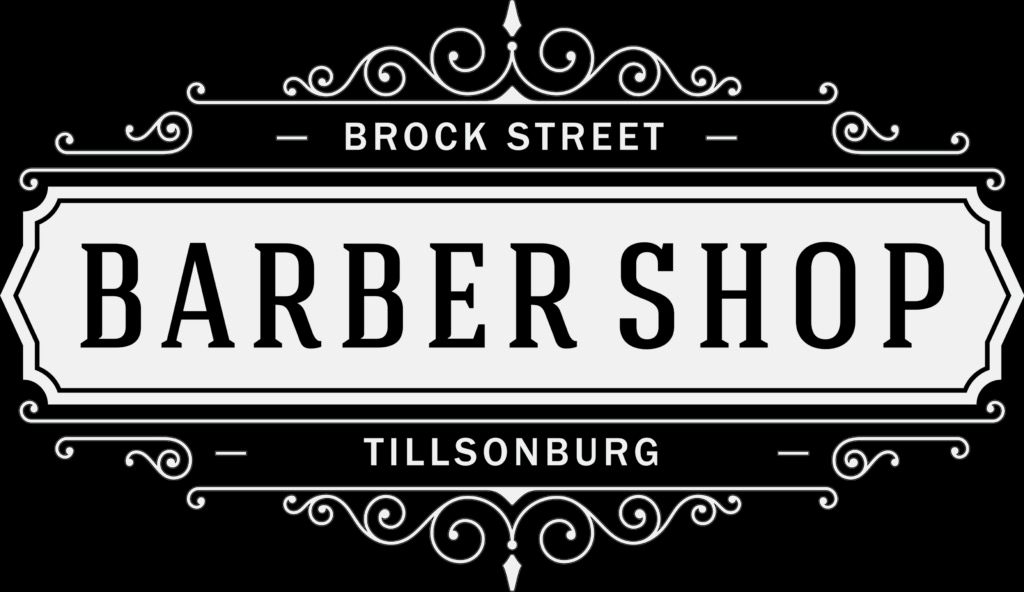While there’s no guaranteed way to significantly speed up hair growth, there are several strategies that can help create an environment conducive to healthy hair growth and potentially promote faster growth:
- Maintain a Healthy Diet: Eating a balanced diet rich in essential nutrients can support hair growth. Focus on foods high in:
- Protein: Hair is primarily made of keratin, a protein. Include lean meats, fish, eggs, beans, and nuts in your diet.
- Vitamins and Minerals: Vitamins A, C, D, E, and B-complex (especially biotin) are important for hair health. Minerals like iron, zinc, and omega-3 fatty acids also play crucial roles. Consider supplements if you’re not getting enough from your diet.
- Scalp Care: A healthy scalp is essential for hair growth. Keep your scalp clean and free of buildup. Regularly massage your scalp to stimulate blood flow, which can help deliver nutrients to the hair follicles.
- Avoid Excessive Heat and Chemical Treatments: Limit the use of heat styling tools and harsh chemical treatments (such as bleaching and perming), as these can damage hair and slow growth.
- Be Gentle with Your Hair: Handle your hair gently to prevent breakage. Avoid tight hairstyles that pull on the scalp and hair. Use a wide-tooth comb to detangle and avoid brushing wet hair.
- Trim Regularly: While trimming doesn’t make hair grow faster, it helps prevent split ends, which can make hair appear thinner and shorter over time.
- Stay Hydrated: Drinking plenty of water keeps your body and hair hydrated, which is crucial for healthy hair growth.
- Use Hair Growth Products: There are over-the-counter products, like minoxidil, that can help stimulate hair growth for some people. Always consult with a healthcare professional before starting any new treatment.
- Manage Stress: High stress levels can lead to hair loss or slow hair growth. Practice stress management techniques like exercise, meditation, and deep breathing.
- Avoid Tight Hairstyles: Styles that pull tightly on the hair, such as ponytails or braids, can cause hair breakage and traction alopecia.
- Consider Medical Advice: If you experience significant hair thinning or loss, it might be beneficial to consult with a dermatologist or healthcare professional. Conditions like hormonal imbalances, thyroid issues, or nutrient deficiencies can affect hair growth.
Hair growth is a gradual process, and results may vary based on genetics and individual health conditions. Patience and consistent care are key.
